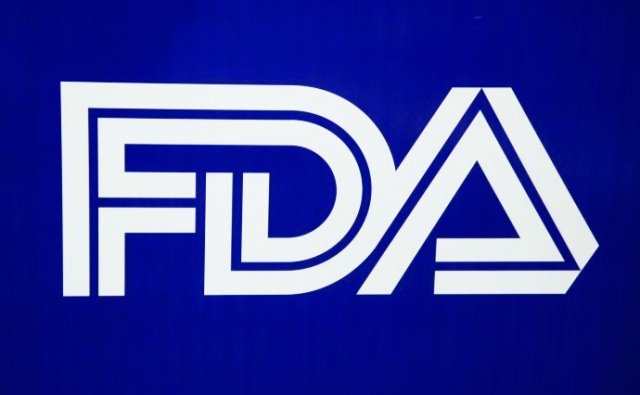 The Food and Drug Administration (FDA) has recently decided to investigate the efficacy and harmful effects of a product that has been on the market for 40 years.
The Food and Drug Administration (FDA) has recently decided to investigate the efficacy and harmful effects of a product that has been on the market for 40 years.
“Antibacterial soap has been around for 40 years. But research now shows that the active ingredient in the soap, triclosan, alters hormonal balance in animals, is possibly harmful to the immune system, and possibly contributes to the rise of antibiotic resistant germs.”
Are you not familiar with Triclosan? Look at some of your soaps, body washes, hand sanitizers or even toothpastes and you’ll find it is a major ingredient. I’d bet a vast majority of homes have products that contain Triclosan and we take this chemical for granted today as we rush to wash our hands not just during flu season but multiple times every day.
Don’t get me wrong, I’m all for washing your hands before you eat and definitely washing your hands frequently during cold/flu season as a means to prevent infection. But have we, as a society, over used antibacterial washes and caused our population to develop immunity to some antibiotics or worse, caused mutations in bacteria that are resistant to our antibiotics?
Why has it taken the FDA 40 years to just now investigate this chemical? Well, it turns out the FDA was skeptical of Triclosan’s effectiveness in the late 1970’s (emphasis mine):
“In 1978, the FDA published its first tentative guidelines for chemicals used in liquid hand soaps and washes. The draft stated that triclosan was “not generally recognized as safe and effective,” because regulators could not find enough scientific research demonstrating its safety and effectiveness.”
“The FDA published several drafts of the guidelines over the years, but the agency never finalized the results. So, companies have not had to remove triclosan from their products.”
Leave it to the Federal Government to take 40 years to perform investigations, draw conclusions and issue regulations on those findings. It appears the FDA had reservations about this chemical from day one but couldn’t get their act together to make a decision.
And you don’t have to be a top FDA scientist to test the efficacy of Triclosan vs normal hand soaps. My daughter and I performed an experiment last year for her 5th grade science project and our results showed that normal hand soap was more effective than Triclosan at stopping the spread of mold and bacteria.
Just another example of our Federal Government screwing up simple tasks – But I’m sure things will get better when they take over our Healthcare system.

All things in moderation
I had read about the problems with tryclosan years ago. I refuse to buy anything containing it. It’s even in toothpaste! But my sister and others wouldn’t believe me. I hope they ban it.
When my daughter and I did the science experiment last year I was fully expecting regular soap to perform the worst but was shocked when it outperformed Triclosan! I can’t really explain it and I’ll repeat the experiment with my younger son when he is older.
I’m with you, using soap now.
The use of antibacterial soaps does not lead to antibiotic cross-resistance in bacteria. For example, in over 40 years of real world use, there are no known cases or any evidence that triclosan causes resistance in bacteria. Triclosan is an antimicrobial agent that slows or stops the growth of bacteria on surfaces. Triclosan is NOT an antibiotic. It does not treat systemic (inside the body) bacterial infections, which is what antibiotics do. It has been widely recognized throughout the medical community that bacterial resistance is the result of misuse and over-prescription of antibiotic drugs, not the use of antibacterial soaps.